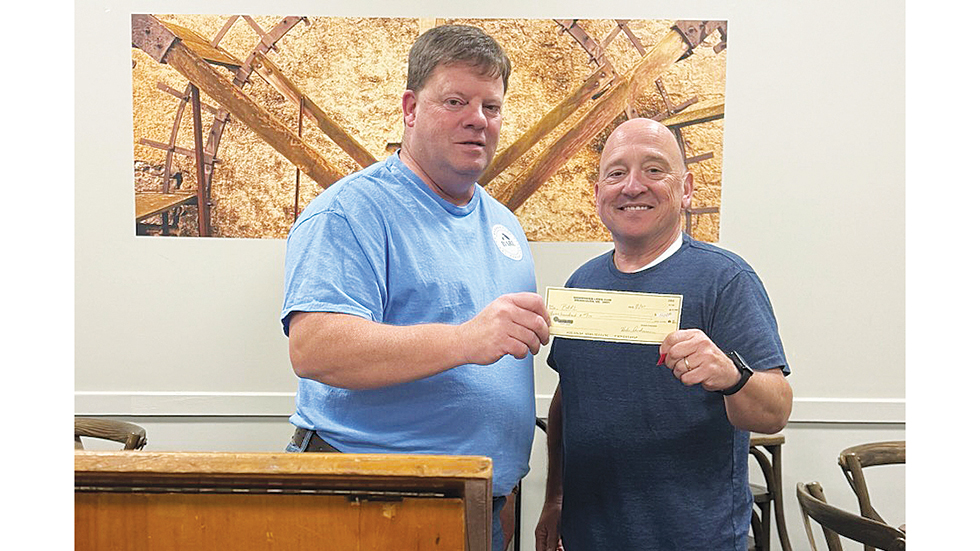Leaders unsure of prayer law’s effects
Published 7:00 pm Sunday, March 31, 2013
Fresh from the governor’s desk, a bill aimed at expanding legal opportunities for public school prayer has been signed into law even as the Lincoln County School District remains in talks with the American Civil Liberties Union over charges of unconstitutional prayers in the district.
Local school administrators don’t seem eager to embrace the law, however.
Beset by an ongoing ACLU spotlight on West Lincoln Attendance Center and recurrent incidents of prayers at athletic events, Lincoln County Superintendent Terry Brister fears the new law will only trap schools between conflicting guidelines.
Trending
“It’s going to cause a lot of conflict because our state government says we can, but we’ve got the Supreme Court and the federal laws holding us on the other end,” Brister said.
Perhaps even more difficult to navigate, Brister believes the law may increase the competing demands on districts from often highly religious communities and a litigious ACLU: Residents within districts may feel emboldened by the state law to push for increased prayer while the ACLU may be increasingly vigilant.
“It puts a lot of pressure on us as school leaders,” Brister said.
The Brookhaven School District isn’t in any great hurry to get in line behind the new law, either.
“We’ve been advised to proceed slowly,” said Superintendent Lisa Karmacharya to the district’s board of trustees at a board meeting last week.
She attributed that advice to the Mississippi Department of Education.
Trending
The law is dubbed “Mississippi Student Religious Liberties Act of 2013.”
It requires school districts to adopt a policy designating certain school events, including morning announcements, graduation ceremonies and football games, as “limited public forums.”
Under such a designation, the law says students could offer a prayer or other religious message.
The law mandates that districts adopt “neutral criteria” for selecting student speakers allowed to utilize these limited public forums.
Under the law, the prayer policies must also state that students’ speech does not indicate the endorsement or sponsorship of the district.
Bear Atwood, of the Mississippi ACLU, has questioned the constitutionally of the new Mississippi law.
In the 2000 Supreme Court ruling, Santa Fe Independent School District v. Doe, the court found unconstitutional a Texas school’s policy allowing student-led prayers before a football game.
School prayers before football games at Lincoln County schools have been an ongoing source of contention. In the fall of 2011, every school district in Mississippi received a letter from the Wisconsin-based Freedom From Religion Foundation outlining U.S. Supreme Court rulings on prayer at public school athletic events.
The Lincoln County School District subsequently issued a formal policy barring prayers before athletic events, though the practice seems to have continued sporadically.
In the fall of 2012, the Mississippi ACLU wrote a letter to the Lincoln County School District alleging numerous unconstitutional practices at West Lincoln Attendance Center involving prayer and the promotion of religion
The charges included prayer before athletic events but also other violations, including crosses hung on classroom walls.
Brister has acknowledged many of the ACLU charges to be true.
In his most recent remarks, he said the school district’s attorney and the ACLU remain in talks regarding steps to be taken by the administration to ensure all county school remain in compliance with the law.
But whatever concerns he may have about Mississippi’s newest addition to the school prayer legal tangle, Brister underscored his intent to uphold what he believes to be the rights of students in his district.
“We’re going to pray,” he said. “We’re not going to lead prayer, and we’re not going to break the law, but going to allow our kids to pray.”





